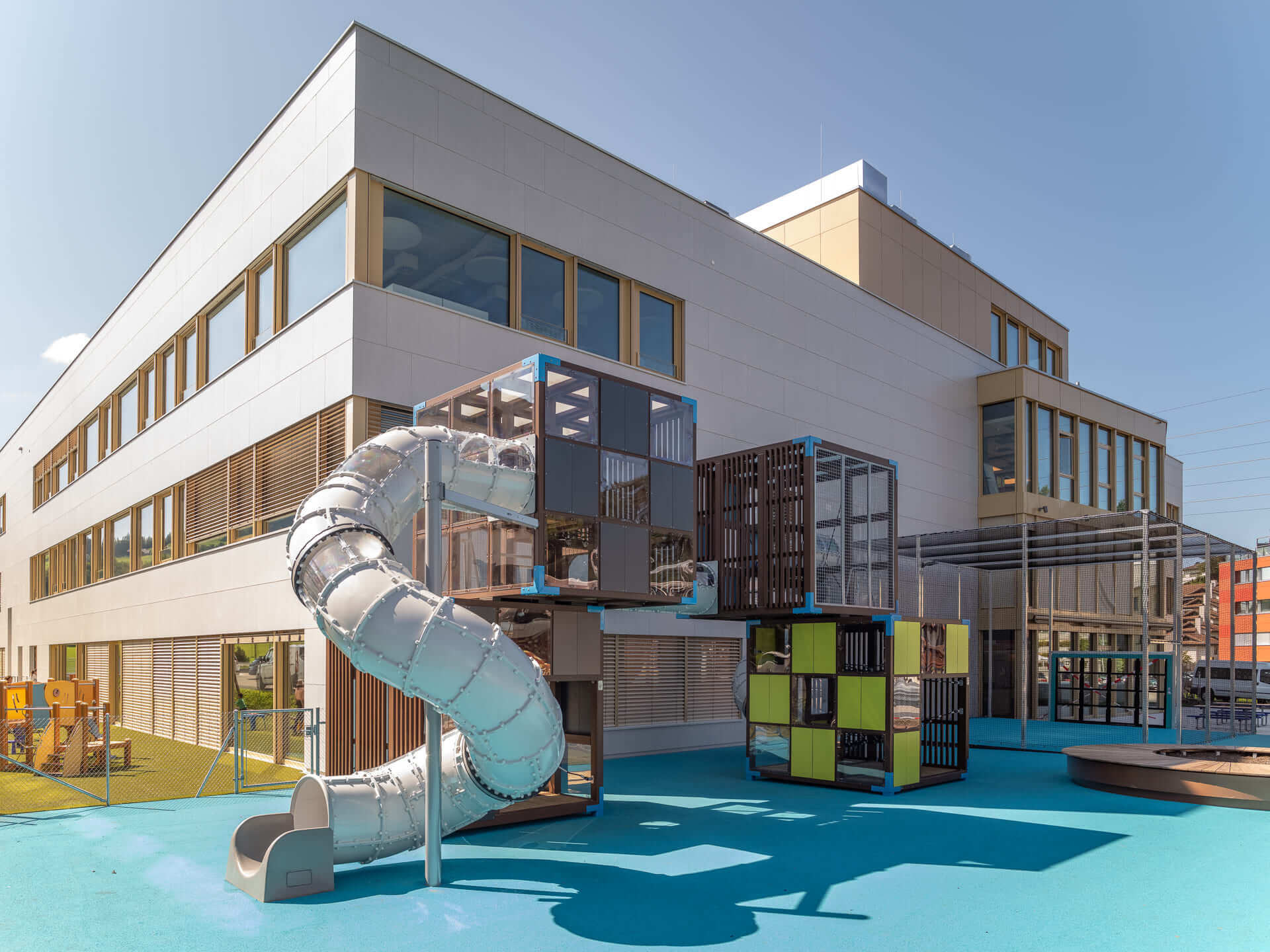“But although we all know the fundamental importance of education and a functioning education system, we are driving our education system “against the wall” at full throttle” Uwe R. Feuersenger.
Many pay mere lip service to the concept of a ‘school of the future’ and engage in superficial digitalization initiatives. Yet, there’s a reluctance to critically examine the entire educational system and proactively navigate towards the emergent future that is already overrunning us.
The frightening realisation is that the future will be radically different! And many times faster than futurologists could have dreamed: Artificial intelligence, robotics, augmented and virtual realities, blockchain and the Internet of Things, cyber currencies, attacks and war – they all give just a flavour of what is possible and inevitable.
And our children? They continue to sit still being taught and to make it look digital, preferably using an overpriced smartboard and learning management system. What is the relevance of the content for everyday and future life? Questionable and largely outdated. Instead of continuously reviewing, updating and streamlining the curriculum, even more, learning content is being packed into the curriculum and children’s brains – whether they need it or not. Long-term storage of all this learning content is no longer possible: “binge learning” is the order of the day.
While motivation is declining, school and university dropouts are rising.
THE ALPHA GENERATION HAS LONG BEEN DIGITAL
While this generation of children and young people is growing up in a digital environment, they continue to be taught as if the digital revolution did not exist, yet their potential, skills and competencies have changed fundamentally compared to previous generations.
The fact is that Generation Alpha is already digital. It no longer needs digitalisation. It’s not about the use of technology but about the individualisation of products and services. Children and young people know that all knowledge is readily available on their smartphones and tablets. They know how to use these devices inside out and are often far ahead of us.
LAYING THE FOUNDATIONS, ALLOWING DEVELOPMENT
Of course, all students need basic knowledge (reading, writing, basic maths). We teach them these basics in primary school. From Year 5 onwards, students start to develop an awareness of themselves and their learning and question the meaning and purpose of learning. From this age, the aim should be to enable students to recognise what they do not yet know or understand and when to turn to a learning mentor for support.
This digital generation of children and young people does not need an education system but a learning environment that enables them to develop. They need challenges to stimulate their learning, knowledge, and methodology to evaluate online information and content. Teachers need to go through an evolution – away from lecturing towards collaborative learning – because they can learn as much from their students as their students can learn from them. Instead of the previous generation “handing down” their knowledge to the younger generation with absolute demands, it should be recognised that students of today have long been at the forefront of developing new areas of expertise and using new technologies to solve problems. Is the term “teacher” still appropriate, or should it rather be “learning guide” or “learning coach”?
OUT OF THE BOX: FURTHER TRAINING FOR TEACHERS
The state should stop investing haphazardly in technology and instead focus its financial commitment on high-quality further teacher training. In this way, we can ensure that teachers work with their students on an equal footing and that learning objectives that are understandable and meaningful for young people are jointly defined.
Students do not need “media studies”; they are “at home” with media, especially social media. They want to understand better how to evaluate the information they receive critically and, if necessary, create high-quality media contributions. OSINT Open Source Intelligence and Content Creation are in demand as subject areas, as are medical topics and first aid after the students experiences periods of isolation during the Corona pandemic and robbed of some of their youthful years.
WE NEED A PARADIGM SHIFT
A paradigm shift in education should not be initiated blindly but based on facts. It is, therefore, all the more surprising that the fundamental question remains unanswered in all the discussions about educational reforms: How do children and young people of Generation Alpha learn? Certainly not like generations X, Y and Z! What impact has the rapid digitalisation of the last 15 years had on their intelligence, skills, competencies, learning habits and preferences?
Only if we answer these questions and create a learning environment that enables our children to acquire up-to-date knowledge and necessary skills relevant to real life and their future can we create the conditions for them to be well-prepared and confident for their future!
